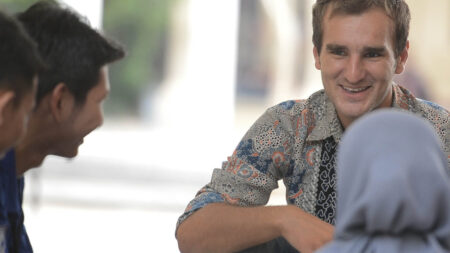As the year winds down, we have a lot to be grateful for. It was, no doubt, a year of environmental challenges: wildfires burning in the western US, catastrophic flooding in Europe, and sea ice continuing to recede in response to climate change. Yet, we have reason to hope. Science continues to prevail against doubt, and our worldwide society has widely accepted what must be done in order to accelerate the change that is needed.
This is reflected by the global response to the COVID-19 pandemic: despite distrust in the science behind the virus and vaccine, we were able to overcome these challenges and fight together against the pandemic. There will always be those with different beliefs, but we can be grateful for science, which has the power to evolve mindsets and encourage individuals and communities to embrace solutions. At the end of 2021, the vaccine is now widely available and has helped save many lives by reducing the spread of coronavirus; people are slowly returning to normalcy, including traveling to visit loved ones.
I am grateful for the opportunity to be traveling again, and recently visited my close friend in Edinburgh, Scotland – a near drive to Glasgow, the location of the 26th climate conference, COP26. Coincidentally, I arrived on November 1st, the same day as President Biden who was participating in the climate discussions. My taxi driver provided this information and asked, jokingly, if I was part of the presidential entourage.
“If so, I would have flown in on his plane!” I retorted, thinking uneasily about the heavy carbon footprint of my own travel and cringing at the emissions output of a private jet.
He chortled, “Oh ya – and you would’ve been driving in his fleet of 20 cars.”
I thought this might be an exaggeration, but learned quickly from the local news that my taxi driver spoke the truth. During COP26, Biden would drive each day in a line of 20 vehicles, with a surveillance helicopter, along the M8 motorway towards Glasgow; he would then return to Edinburgh in the evening when the sessions were concluded, which amounted to a total of 90 miles each day. And prior to being in Glasgow, the President was in Rome, where he had even more vehicles escort him to discussions regarding the fate of our planet.
Curious, I googled: How much CO2 does a car emit per mile?
On average, a typical passenger vehicle emits about 1 pound of CO2 per mile. After some simple math and generous rounding (despite the SUV-makeup of the 20 car motorcade), I estimated that the US President set off several thousand pounds of CO2 during his two day visit by driving. The helicopter likely emitted tens of thousands of pounds of CO2, which added to the hundreds of thousands of pounds emitted when the private jet crossed the Atlantic.
I’m not an expert on national security, but I wondered if 20 cars was necessary; I wondered if it was critical to stay an hour’s drive from where the conference was taking place; I wondered if a zoom call might have sufficed. And yet, I was still grateful the US was attending the conference. Despite the counterproductive travel choices, I was thankful that our leader was showing up.
As I live-streamed the event from the comfort of a cozy flat just a train ride away from the in-person discussions, I was appreciative of all the individuals, organizations, and governments who were participating in these climate talks; however, talking will only get us so far.
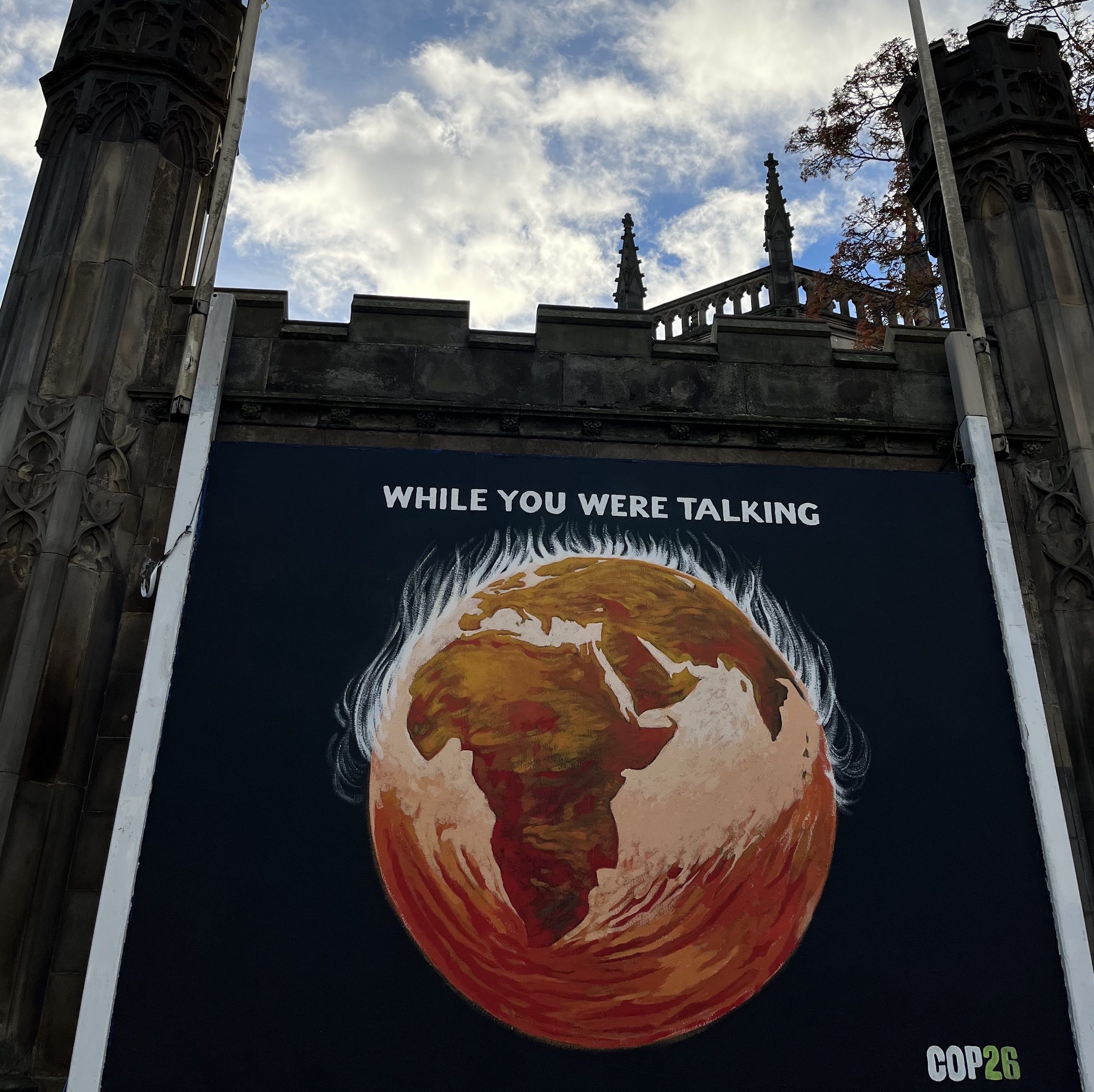
Discussion is necessary; it’s critical. We need to be intimately aware of the challenges we face as a global society, but we also need action. We must commit to a cause that is bigger than any one individual; we must transcend our cultural ideals; we must embrace the realization that we are one world and that we are fighting for the same goal: save all species and protect the planet.
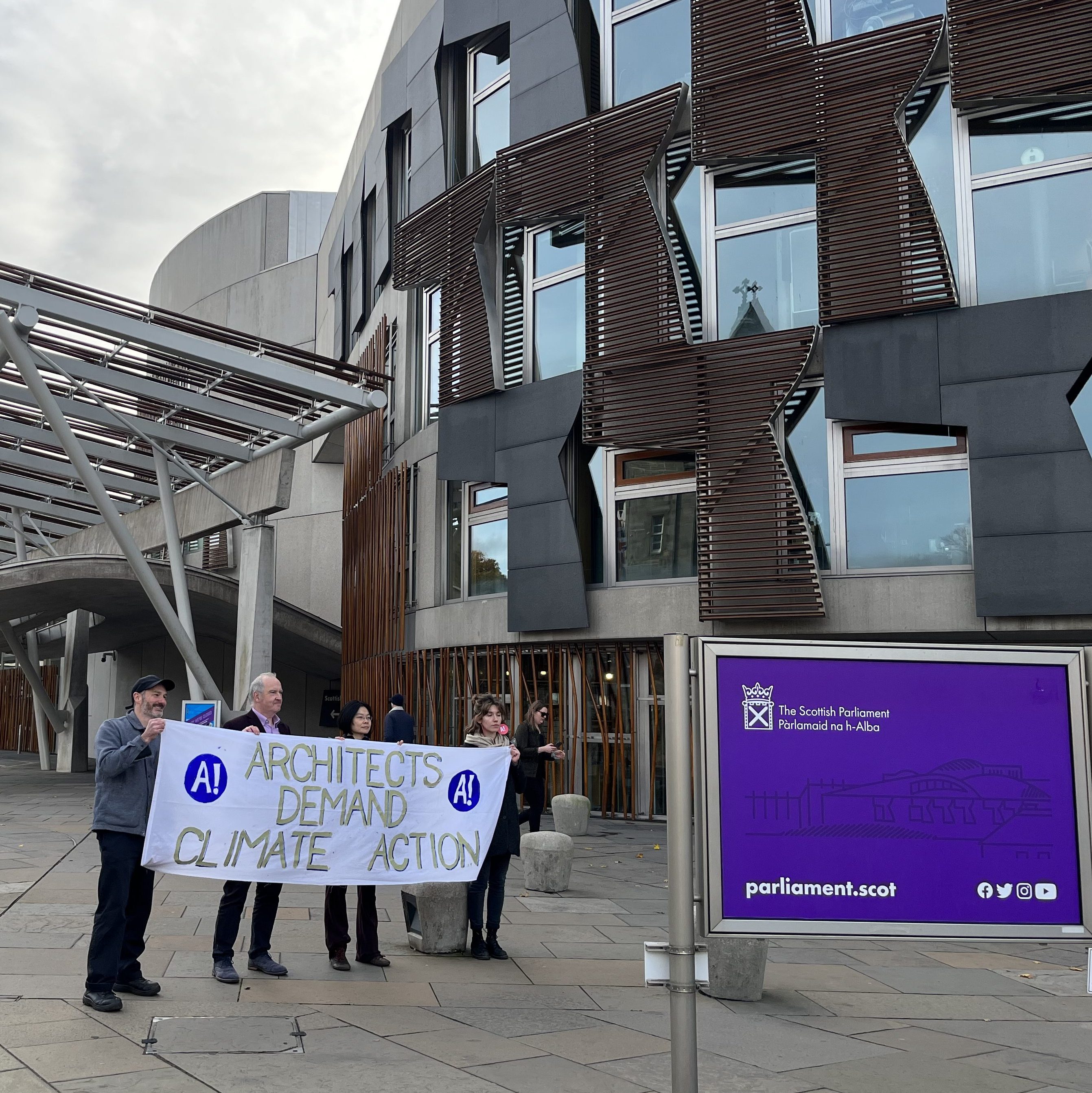
Historically, Scots have always fought fiercely for their core beliefs; this mentality has been handed down, generation after generation. As time passes, courage and resilience resurface – thus, this country and its culture were fitting hosts for COP26.
Scottish people consider independence to be a serious matter; this is reflected in the amount of renewable, clean energy that is dispersed throughout the land. Through wind and waves (and more than just a wee bit of whiskey), Scotland has made its mark on the world as one of the most self-sufficient countries.
Although mighty, this country is not immune to the effects of climate change. While out on an unseasonably warm day, trekking through the Scottish Highlands, my friend pointed out the drought in the valley below. We were submerged in a cloud, skin wicking moisture droplets from the mist; the land felt alive, fecund, and healthy – but as we looked down into the glen, water recession was revealed through sections of dry, cracked earth. Even in this sanctuary, the effects of climate change could be seen. Even Scotland, a country known for its rainy weather and harsh winters, was experiencing reservoir depletion at a record low.
I stood on the fringe of where mountains meet sky and wondered about the state of our future.
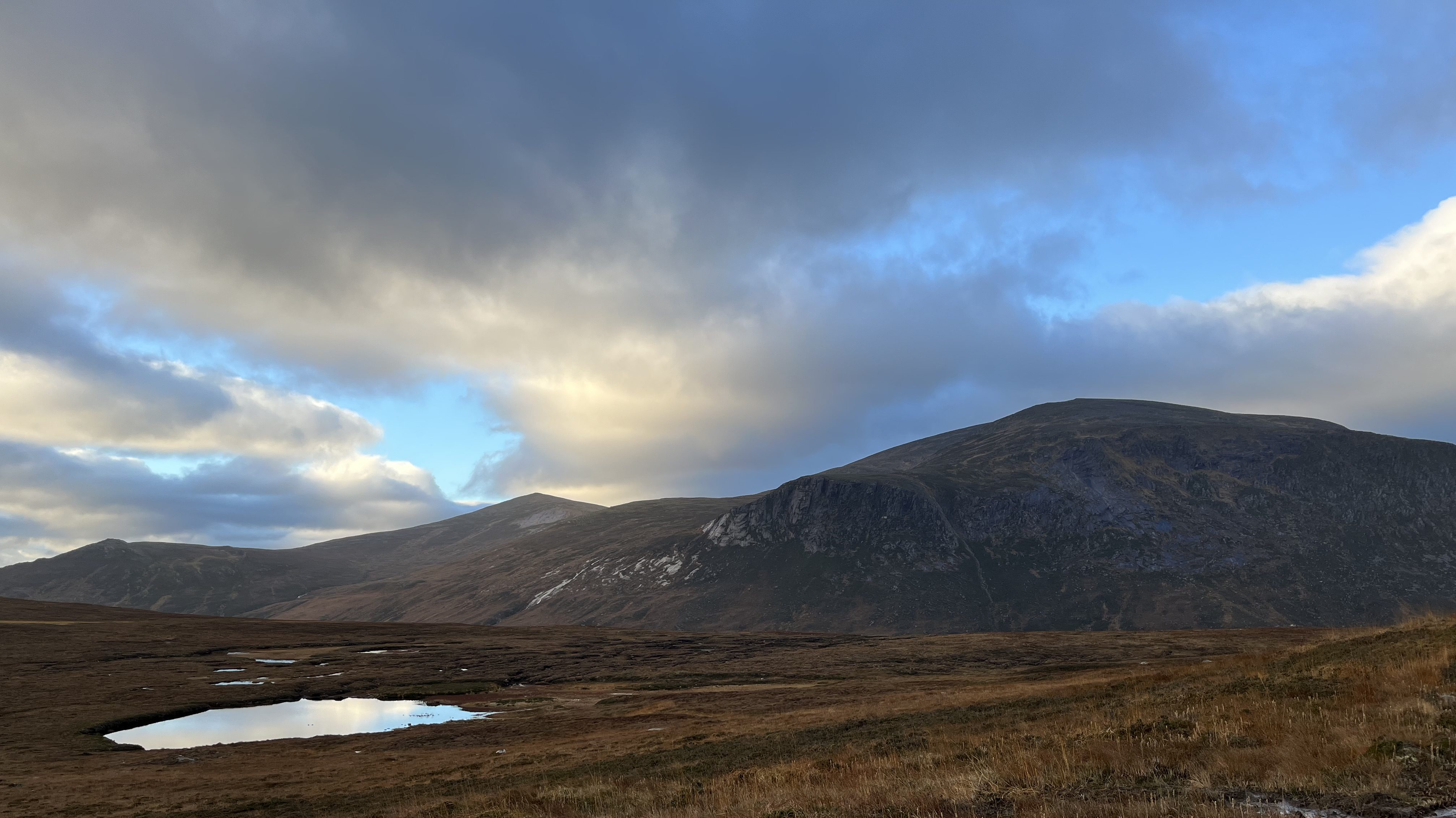
The results of COP26 were positive, but many wonder if it will be enough. Governments, although a powerful force, can be slow to create actionable change; unfortunately, financial gains and losses play a large role in decision making.
So, the responsibility falls on us as individuals – and as individuals, we can do many things to create a better future for world. First and foremost, we must become aware of our own carbon footprint and take the necessary steps to offset it. We can embrace conscious consumerism, reduce high impact lifestyles, and adopt eco-friendly hobbies.
One of my favorite hobbies is travel, which is not eco-friendly. I am fortunate enough to fly standby via my mother’s employment for the airlines, but I’m also aware that this is a weak argument for justifying carbon intensive travel; however, I do my best to offset this impact through buying local food where I can, walking or cycling, and sitting in for coffee rather than using a disposable cup. During cold, Scottish days, I remember to turn down the thermostat and, instead, pack on the layers (lots of them).
For today, I am grateful that international travel is possible; I try to maximize this experience by learning about different cultures and, in turn, share my own. As a result of my travels, I will not be participating in Thanksgiving with my family in the US this year. Instead, I reflect on the First Thanksgiving – which, in reality, was a gathering between the Wampanoag Peoples and English settlers to discuss political alliances and diplomacy (and far from the joy-filled feast Americans learn about in elementary school).
I recognize that the indigenous people of North America (and many parts of the world) still fight for their lands, yet continuously advocate for peace between cultures. I am grateful that this human tradition, of assembling together to problem solve and promote peace, has been kept alive over the years. I am thankful for the opportunity to be involved in these discussions. I am hopeful that through coming together, despite differences in beliefs, culture, and individual priorities, our world can embrace the action that is needed and commit to the fight against climate change.
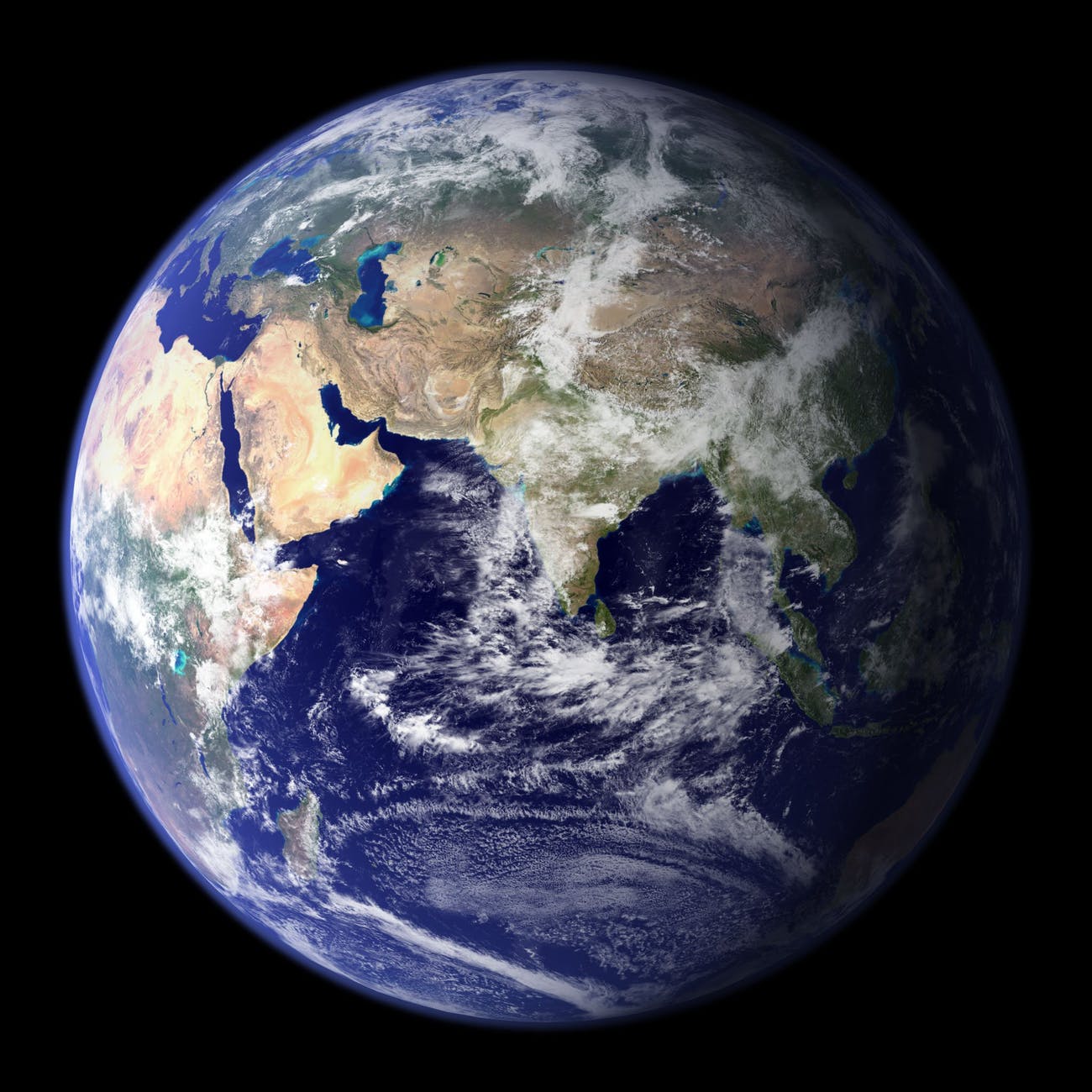
Green Success Stories is a television show, podcast, social media, and news platform, hosted by Dylan Welch, that highlights climate change scientists, renewable energy experts, and clean tech entrepreneurs by giving them a voice in the mainstream media. The Green podcast highlights leading experts in cleantech, sustainability, media, finance, and real estate. Tune in and subscribe to the podcast on Apple or Spotify to listen to interviews with leading cleantech and sustainable experts. If you are interested in being featured on Green, click HERE.



